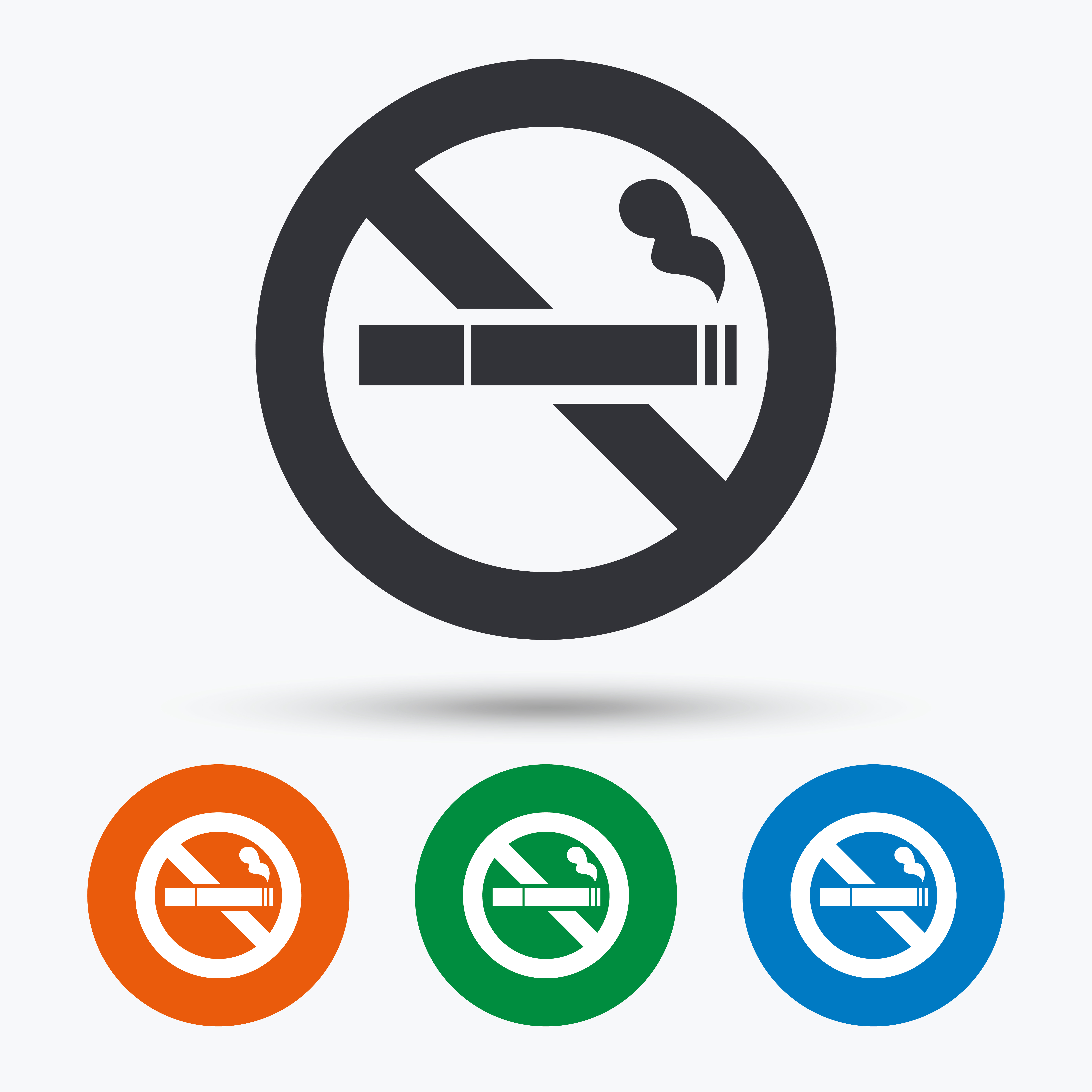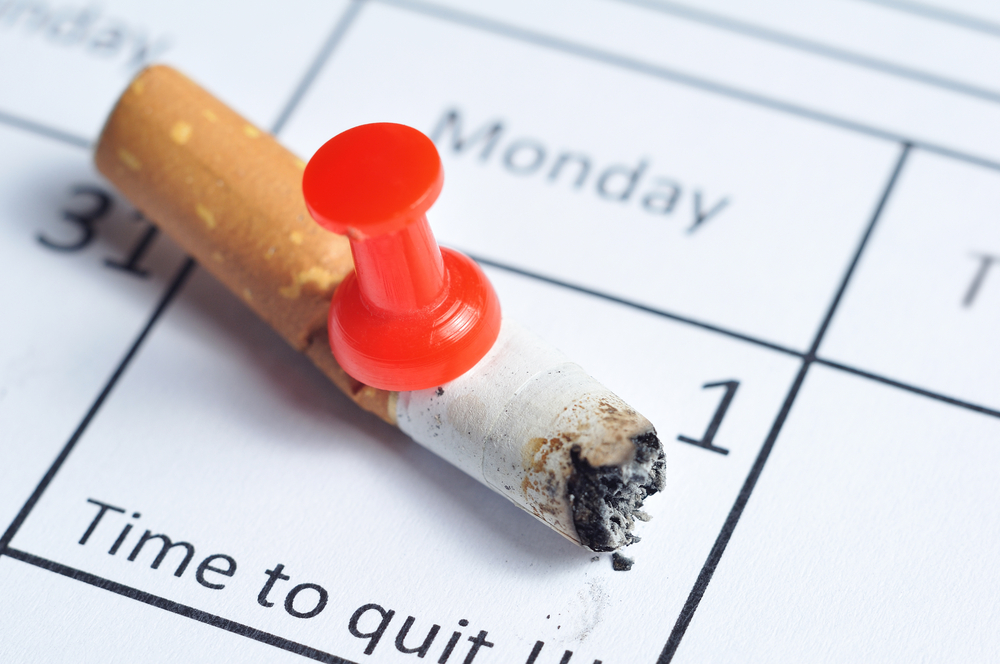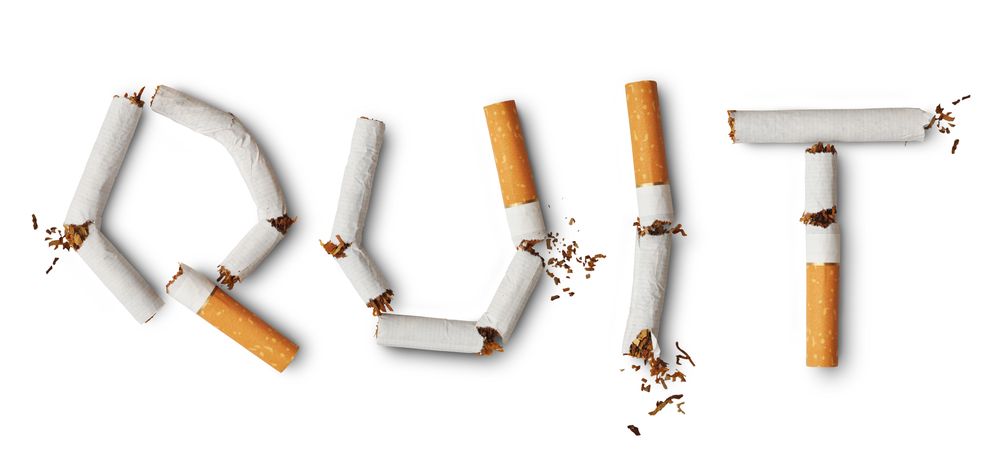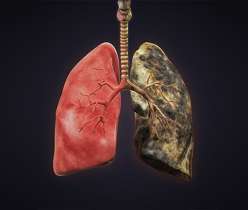Everyone knows the major effects of smoking are lung cancer and heart disease. You also know that it yellows your teeth, wrinkles your skin, stains your fingers and also destroys your sense of smell and taste. Knowing the worst effects you still keeping your smoking on and hanging yourself amongst the preventable death crowd. Now it’s time to quit. There are lots of ways to start on the path to become smoke-free. It’s not an easy way, but with the right guidance and support will make easier to travel on this road every day.
Deciding to stop smoking is one of the best things you can do for your health. By doing some initial preparation toward your action plan, you can increase your chances of staying smoke-free throughout.

Step-by-Step Plan to Stop Smoking
Quitting smoking is not an easy task. It contains tobacco consisting nicotine that is as addictive as drugs. Here are some steps to get you started on the difficult path to lead you towards a healthy life:
- Choose A Quit Date– It helps to have some lead-up time to the day that you are planning to stop smoking. Set a day and time within the coming weeks that you think would be stress-free for you, as quitting during stressful days or some party occasions is a tough task.
- Consider Reasons to Quit– The reasons why you want to quit smoking can work as an incentive to deal with the craving arising after your decision to quit. Avoiding it will help you in the following smoking effects:
- The risk of cancer, heart attacks, chronic lung diseases, stroke cataracts and other diseases will be reduced.
- Blood pressure will be regularized.
- Financial savings.
- Hair, clothes, car, and home won’t stink out of smoke.
- Social betterment.
- Long life.
- Spread the Word– There are plenty things to do for quitting this habit. Your top agenda should be letting others know about your plan to quit smoking because it’s easy to succeed with supporters behind you. Take time out with your family, friends and co-workers for a heart-to-heart talk about what your goal is, when it starts, and what ask them to keep you diverted by talking or playing games. You should also tell other smokers around you, not to smoke or ask your smoking buddies to quit it with you. This would make you more positive towards your plan.
- Know And Deal With Your Triggers– Triggers are times when you will have a strong urge to smoke, it will be the same as it used to be earlier. Whenever there is a craving, think of the first day, then look ahead to the first week of quitting to recall your ultimate target. Also, try to think of other things so that your mind forgets the urge to smoke. Initially, the nicotine gum can be a solution, but should not be taken for long.
- Intercept Cravings– Nicotine addiction is expected. As your body goes through withdrawal there is an urge for more, but these just lasts for five to ten minutes, hence be adamant on your plan and focus on something else at the time of craving; like drink a glass of water, take deep breaths, think about your reasons for quitting, play with your pet, or take a green tea.
- Keep Your Mind Diverted– When there is an urge you should be ready to give your mouth something like carrot sticks, celery stalks, nuts or gum handy. Also, keep your hands occupied in works like knitting, woodworking, cooking, yoga or yard work to keep your mind off smoking.
- Be Prepared For Mood Swings– Sudden reduction in Nicotine intake will give rise to moods like anxious, cranky sad, frustrated, and may even lead to sleep disorders. But this is temporary and a part of the process.
- Throw off All the Cigarettes– If there is no cigarette, and then even if the craving occurs, you can easily keep yourself distracted.
- Plan Incentives for Yourself– With the savings you have made by avoiding tobacco (poison), you can surprise yourself with treats, shopping or outings.
- Consult Doctor Regarding Ending Up With Medications– When you are sure that you can continue with your healthy resolution without any medicine to quit smoking, you should first discuss it with your doctor and accordingly continue with the plan.
After a month without cigarettes, the cilia in your lungs will begin to repair, this helps to fight off infection and clear the lungs more easily. A proper functioning lung helps in reducing the cough and shortness of breath. Therefore, it is necessary to choose the right path to stay healthy and live longer.




